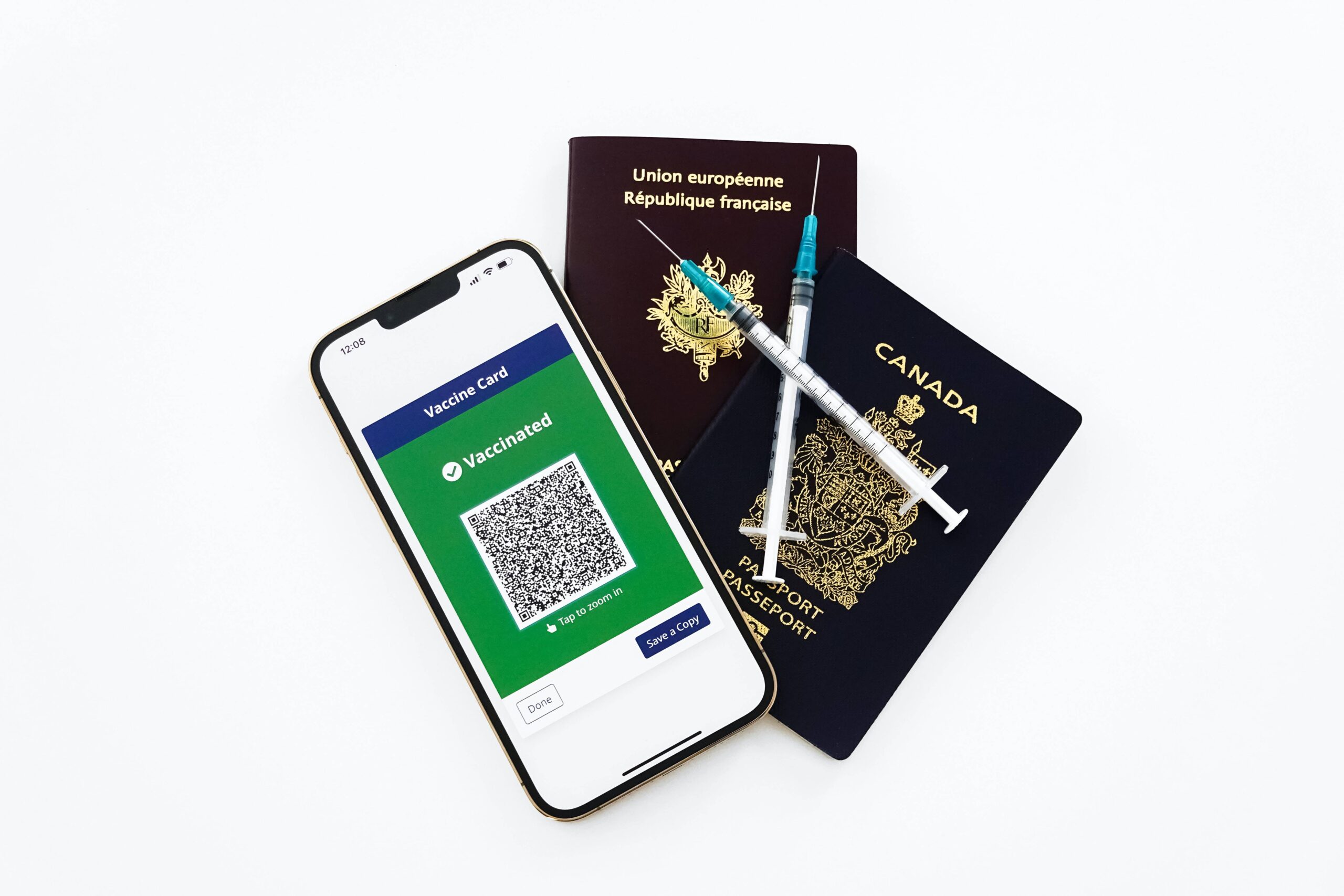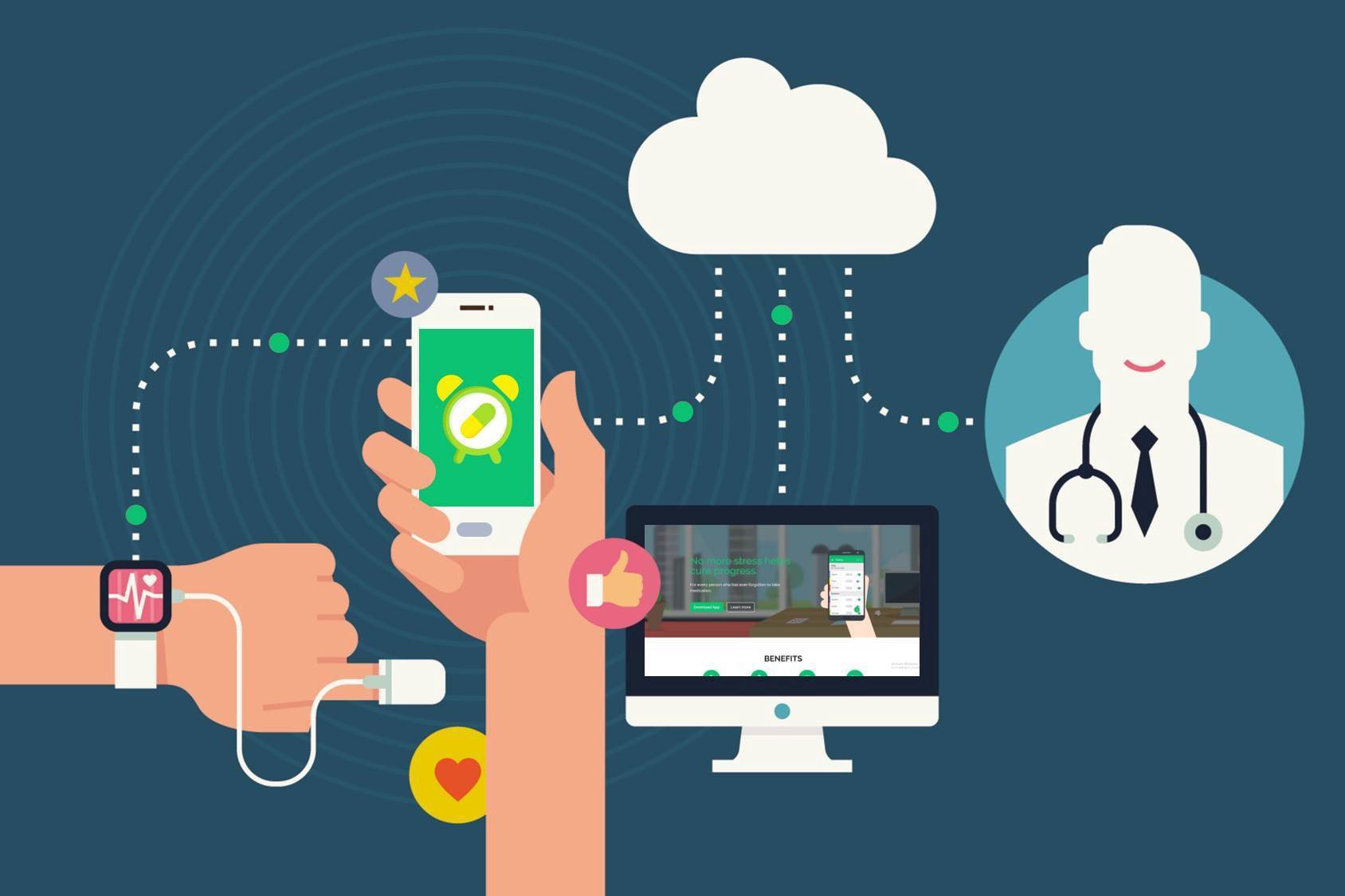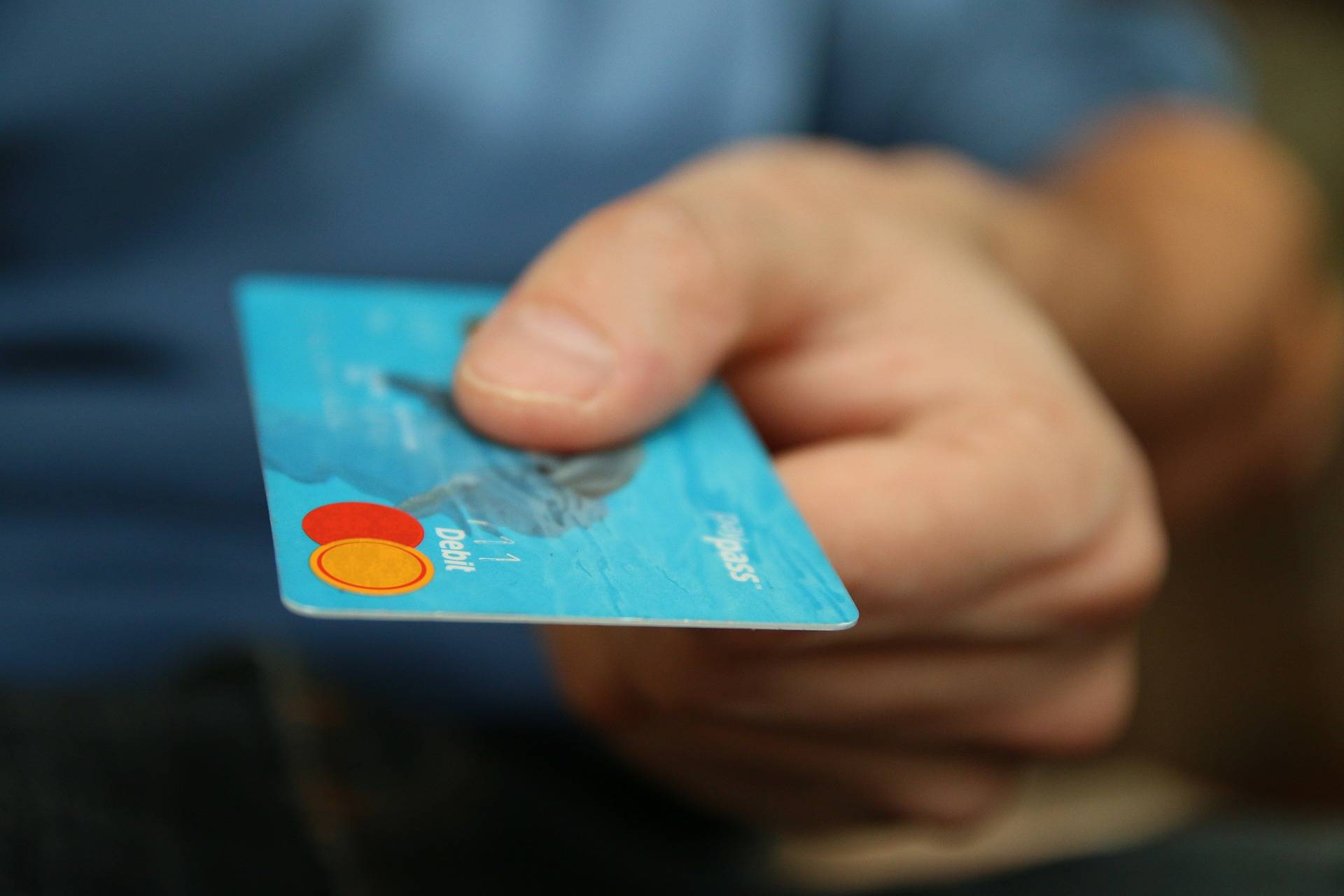Planning for the Age of Digital Healthcare Passports
Since 2009, digitization of healthcare records has improved patient and provider access to patient medical history. The challenge is that the documents are still stored by different Healthcare Delivery Organizations (HDOs), providers, and insurance companies. The patient experience of keeping up with their own medical history is still fragmented.
The global pandemic, spread by increasingly mobile global populations, brought the issue of a unified healthcare passport to the forefront of public attention.
As the healthcare industry moves toward cloud solutions, patients naturally want access to different records via one source. Governments will have a say as well. As we move further into the age of digital healthcare passports, it is vital for medical device manufacturers to be aware of the trend.
What Is a Digital Healthcare Passport?
A digital healthcare passport is an online record of an individual’s health information that authorized stakeholders can access. The passport can include immunization records, test results, and medical history. It provides a secure, efficient way for patients to share their health information with providers.
In the age of electronic health records, patients often have difficulty accessing their records or obtaining copies from their providers. A digital healthcare passport allows patients to easily access their records and share them with providers as needed.
A digital healthcare passport can help reduce errors, streamline communication between providers, and make it easier to transfer medical records between facilities.
When healthcare information is readily available, it makes it easier for providers to give patients the care they need. For example, if a patient goes to the emergency room with an unknown allergy, the staff can quickly access the patient’s passport and provide the appropriate treatment.
Ultimately, a digital healthcare passport has the potential not only to empower the patient but also to improve the quality and efficiency of healthcare.
The need for accessible, verifiable health care records became especially apparent during the recent pandemic. To streamline international travel snarls, airlines created health passes to standardize access. As lockdown restrictions eased, some cities began requiring proof of vaccination for entry to public places.
While requirements to show proof of vaccination raised controversy on the evening news, studies show that convenience trumps all from the travel consumer standpoint. A study commissioned by Amadeus and delivered by Censuswide found that 91% of travelers would be comfortable using a digital health passport for future trips.
Experiments With Digital Healthcare Passports
As the world began to open up after the initial COVID-19 pandemic, many countries turned to digital health passports to help reopen their economies.
By displaying proof of vaccination or a negative test result, customers and employees could have the assurance of lowering their risk from infected or unvaccinated people. So far, several countries have started pilot programs for digital health passports with mixed results.
In many democracies, including the United States, digital healthcare passports are controversial due to differing opinions on personal rights, vaccines, and restricting access in public places due to vaccine status.
In Israel, the government-linked vaccine records to smartphones, allowing people to show proof of vaccination when they enter certain businesses or event venues. While some praise the system for its efficiency, others raise concerns about privacy and data security.
In the United Arab Emirates, residents can use an app called “Alhosn” to upload their test results and vaccination records. The app generates a QR code that the public can use to enter restaurants, hotels, and other public places.
While the app has been successful in helping to reopen the UAE’s economy, public health advocates criticize it for excluding residents who don’t have access to a smartphone. This example highlights a larger controversy about how to create widespread use of digital healthcare passports.
Ethical Implications of Digital Healthcare Passports
The most common fear of digital healthcare passports in developed countries is in regard to privacy. People worry about sharing their personal and sensitive health data with private companies creating digital health passes. They also worry about data breaches, similar to the ones that plagued hospitals during the pandemic.
On a global scale, proponents of inclusivity worry that a digital system would further isolate the communities on the other side of the digital divide, those that do not have internet or smartphone access.
Suppose healthcare passports are solely deployed via smartphones. In that case, they will contribute to the digital divide and exclude millions of people, many in high-density, lower-income urban areas – the exact places where the risk of transmission is the highest.
The World Health Organization (WHO) currently does not support requiring vaccination passports for travel yet because of equity concerns. WHO is working with several international agencies to establish the standards and specifications of a global digital vaccination certificate.
How Can Companies Plan for Digital Healthcare Passports?
The primary considerations in planning for digital healthcare passports are the accuracy and security of the data.
With digital healthcare passports, patient data is no longer confined to multiple HDO and insurance company databases. The patient can access their data from anywhere in the world. One of the biggest challenges facing HDOs and providers is storing and sharing patient data securely with a passport interface.
Another challenge facing organizations is ensuring that patients use their digital healthcare passports appropriately. Given the sensitive nature of patient health information, companies need to put controls in place to limit who can access passport systems and what information they can view. Additionally, they need to educate staff on the proper use of digital healthcare passports.
While cloud data storage is ideal for digital healthcare passport applications, it also means that data security is paramount. HDOs need to develop policies and procedures for sharing patient data between care teams and providers.
Because the healthcare passport interfaces with public health use cases and sensitive data, governments will also be involved in the standardization and rollout of passports.
The Implications of Digital Healthcare Passports for Advanced Medical Devices
Even with privacy and equity concerns, the popularity of apps for managing our lives is fueling a growing demand for digital healthcare passports. Consumers want more convenient access to their healthcare records, especially vaccines. Businesses and governments want trustworthy proof of vaccination and other records.
Digital health passports will likely play an increasingly important role as the world returns to pre-pandemic social and business interactions. For healthcare passports to have a widespread global effect, developers and governments need to consider alternatives other than smartphone apps.
Jeff Zients, the Biden White House coronavirus consultant, provides a simple starting place for developers. He said in a statement: “Any solutions in this area should be simple, free, open-source, accessible to people digitally and on paper, and designed from the start to protect people’s privacy.”
The healthcare passport space offers interesting opportunities for medical device executives and teams. They are familiar with data security challenges and cultivating regulatory stakeholders during product development. It makes sense that some of the same teams with successful medical device startups might begin to explore developing the technology for digital healthcare passports, too.
Moving Ahead
Although they are still in the early stages of development, healthcare passports have the potential to revolutionize how we plan for our health and access to care. Some connected medical devices are going to need to account for integration with healthcare passports, directly or indirectly. As this technology develops, we will likely see even more applications for healthcare passports in everything from preventative care to long-term planning.
Do you have questions about cloud connectivity for your medical device? Contact us today to start the conversation!






